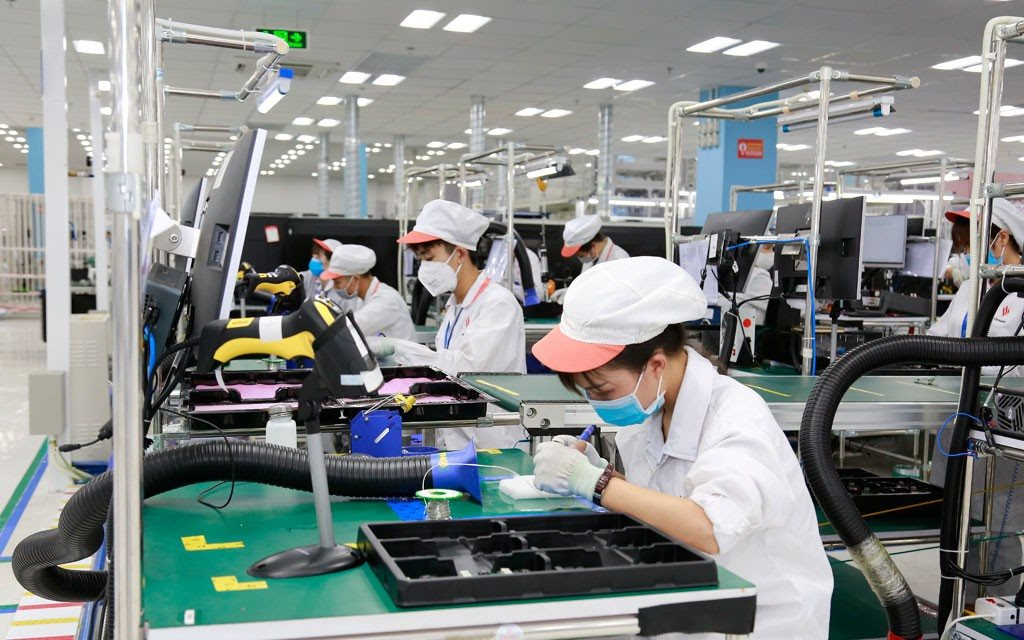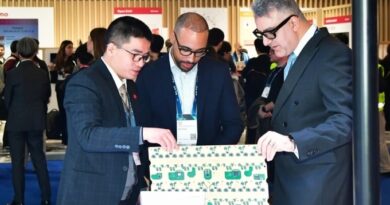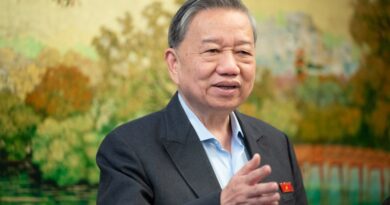Vietnam Emerges as a Chip Industry Magnet
As the demand for semiconductor engineers soars amid the AI boom, companies are increasingly looking to Vietnam for its skilled workforce and cost-effective labor. This shift is positioning Vietnam as a new “magnet” for major players in the chip industry, according to an August 14 article by Nikkei Asia.

Alchip Technologies, a leading AI chip design service provider from Taiwan, is expanding its R&D operations into Vietnam, planning to open its first office there this year. The company expects to grow its engineering staff to as many as 100 employees within the next two to three years, said CFO Daniel Wang.
“After assessing several Asian locations for our R&D expansion, we found that attracting talent in established tech hubs like Japan could be challenging given Alchip’s size and scale, though we are also expanding there,” said President & CEO Johnny Shen. “Vietnam’s promising engineering talent and strong work ethic make it an incredibly attractive option. We’ve been impressed by the dedication and eagerness of Vietnamese engineers to learn and contribute.”
Other companies, including GUC and Faraday Technology—both affiliates of TSMC and UMC—are also seeking young engineers in Vietnam. Similarly, South Korean companies are looking to Vietnam, partly to counteract a talent drain in their home market.
During a recent meeting between executives and Minister for Small and Medium-sized Enterprises and Startups Oh Youngju, South Korean business leaders advocated for an education system focused on training foreign staff and relaxing visa regulations to attract them. Vietnam was frequently mentioned as a key location in this discussion.
BOS Semiconductors, a South Korean company, established a support team in Ho Chi Minh City in 2022. After comparing staff in Vietnam and South Korea, the quality of Vietnamese engineers led BOS to upgrade its team in Vietnam, country manager Lim Hyung Jun shared.
“They realized this could become a main R&D center,” Lim said in an interview. “That was really unexpected.” BOS designs AI chips, including for autonomous driving, for clients like Hyundai. Lim noted that achieving a system on a chip (SoC) designed in Vietnam would showcase the country’s innovation and potentially shape market trends.
According to Nikkei Asia, Vietnam’s availability of tech workers during a global talent shortage could help the nation achieve its long-standing ambition of moving up the tech value chain.
Marvell, for example, sees Vietnam as a “strategic location for the development of engineering talent.” The company plans to increase its local workforce to about 500 by 2026, with hiring efforts focused not only on Ho Chi Minh City but also on a new office in Da Nang.
US-based Synopsys, the world’s leading chip design toolmaker, is among the most active companies in Vietnam, employing over 500 people across multiple design centers in several cities. Robert Li, Synopsys’ Vice President of Sales for Taiwan and Southeast Asia, told Nikkei Asia that the strong interest among Vietnamese students and workers in semiconductor engineering, along with government support and funding, is helping to establish the country as a hub for semiconductor talent.


